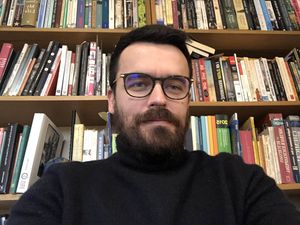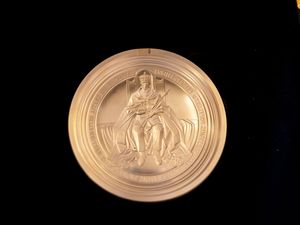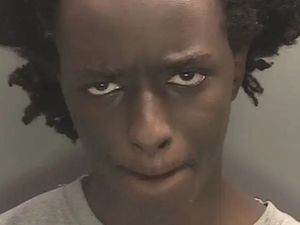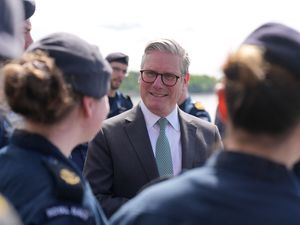Bosnian genocide survivor recalls joy of birdsong after fleeing conflict for UK
Speaking on the anniversary of the Bosnian genocide, Smajo Beso now describes himself as equal parts Bosnian and Geordie.

An architect has recalled spending his first “beautiful” days in Newcastle after fleeing his war-torn Bosnian town as a schoolboy to escape the genocide.
Smajo Beso, now 36, said he heard birdsong for the first time in years after arriving in the north-east of England on July 19 1994, after Bosnian Serb leader Radovan Karadzic ordered troops to execute mostly Muslim men and boys.
Mr Beso and his mother and siblings spent a month in a Croatian refugee camp after fleeing their town of Stolac.
His father was among the many males, aged between around 13 and 90, who had been rounded up by guards storming Stolac a year earlier, before being granted refuge in Newcastle.
Local people then successfully campaigned to have the family reunited in Newcastle.
Speaking on the anniversary of the Bosnian genocide, Mr Beso, who describes himself as equal parts Bosnian and Geordie, told the PA news agency: “Coming here was amazing.
“I remember it was beautiful weather and silence, not hearing bombs and shells and screaming and cries.
“The first thing I noticed was how different it was to Bosnia.

“Coming from a war zone – that shock, the contrast, not hearing bombs and explosions, hearing birds for the first time in years – that shock was so vivid.”
Mr Beso described how his first real understanding of the impact of war was when a Serbian friend turned against him.
He then saw relatives killed, men rounded up and buildings destroyed.
“War might be an abstract concept for a young boy,” he said.
“It might be something you see in films and TV and are impressed by, but when you see the crater a shell leaves behind, or the explosion when you are a few metres away and your ears are ringing and you’re disorientated – then you know what war is.”

Mr Beso said his most defining moment was when his mother sat him and his brother and sister down, the day her sister – his aunt – was fatally wounded by a Croatian bomb, and told them to reject hatred.
He said: “She said the best way to resist those trying to kill us is not to become hateful like them.
“If my mam had chosen the easy route … the most soothing thing would be to direct all our anger to them.
“But she chose the most courageous thing.
“It had the most impact on my life.”





